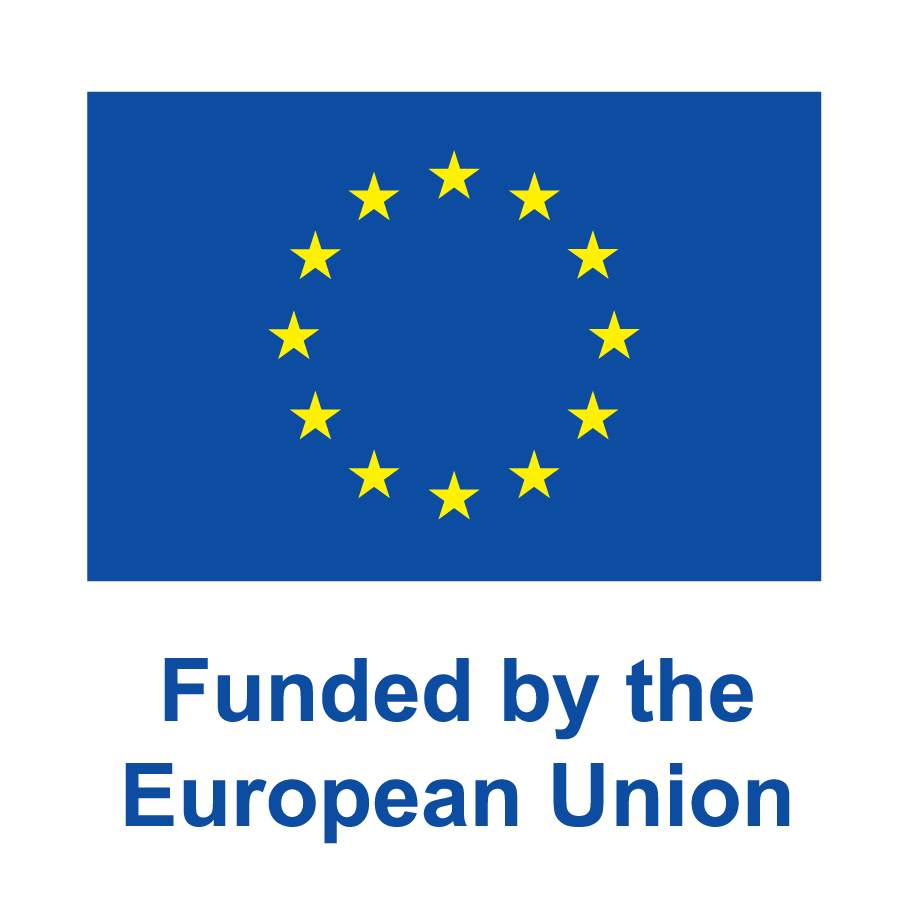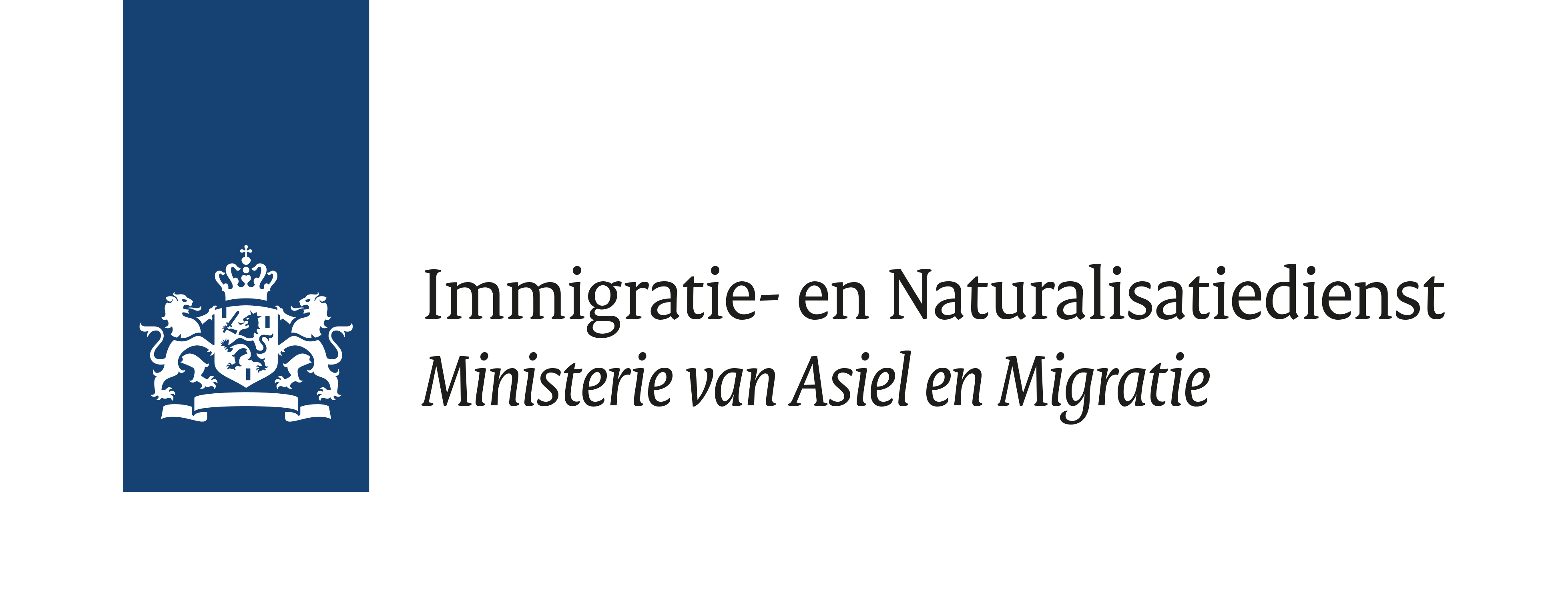
During the EMN National Conference on flexible housing capacity, different national and international stakeholders discussed challenges, good practices as well as future lessons when it comes to dealing with pressures on the asylum housing system and the creation of flexible housing capacity, both in the context of international and temporary protection.
EMN Netherlands and the COA (Dutch Central Agency for the Reception of Asylum Seekers) organised this conference, held at the Europe House in The Hague, within the context of a comparative study initiated by EMN Netherlands and COA on flexible housing capacity in the different EU Member States and Norway in the context of international and temporary protection.
Over 110 relations registered for the event (due to the maximum capacity of the venue EMN Netherlands had to use a waiting list). The audience consisted among others of government officials, researchers and NGOs. Next to the Net herlands, participants came from 9 other European countries (Belgium, Czech Republic, Germany, Ireland, Luxembourg, Malta, Norway, Poland, Sweden). The conference was moderated by Mr. Bahram Sadeghi.
herlands, participants came from 9 other European countries (Belgium, Czech Republic, Germany, Ireland, Luxembourg, Malta, Norway, Poland, Sweden). The conference was moderated by Mr. Bahram Sadeghi.
Opening
Ms. Rhodia Maas, Director-General of the Immigration and Naturalisation Service (IND), welcomed the audience to the Europe House. She then addressed the importance of international cooperation to the IND and highlighted the work of the European Migration Network (EMN). She also stated the important role the EMN plays in today’s world by providing factual information. Next, Mr. Joeri Kapteijns, vice chair Board of Directors of the COA, stated that this conference could not have come at a better moment as flexible housing capacity is an urgent issue in the Netherlands. The reception capacity for applicants for international protection in the Netherlands has reached its maximum, which is partly due to a lack of funds to maintain buffer housing capacity and staff. Therefore, stable multi-year government funding is needed. Mr. Joeri Kapteijns is curious to see how other countries are working with stab le funding to maintain a buffer capacity and what their good and bad practices are.
le funding to maintain a buffer capacity and what their good and bad practices are.
Presentation EMN research 'Organising flexible housing capacity in the context of international (and temporary) protection'
The presentation of Ms. Julia Koopmans and Ms. Nini Pieters, researchers from EMN Netherlands (IND) focused on the key findings of the EMN research on flexible housing capacity, which provided an overview per country and an analysis on a European level of the organisation of flexible housing in the context of international (and temporary) protection. The main findings related to the challenges on the asylum housing system during 2017-2021, the determining and planning of housing capacity, the measures countries use to ensure adequate and flexible housing capacity and the measures that were taken for housing beneficiaries of temporary protection from Ukraine.
Case studies of Norway, Luxembourg and the Netherlands
Speakers of 3 countries (Norway, Luxembourg, the Netherlands) presented policies, challenges and good practices related to flexible housing capacity in their respective countries. All 3 countries struggled with insufficient capacity when displaced persons from Ukraine arrived.
Ms. Birgitte Hopstad, Senior Advisor, Norwegian Directorate of Immigration (UDI), demonstrated challenges and good practices in Norway. Challenges included reduced access to housing and increased prices for electricity. Good practices included service providers that were able to provide or establish housing very shortly, regio nal distribution and flexibility capacity in contracts and in framework
nal distribution and flexibility capacity in contracts and in framework agreements with service providers.
agreements with service providers.
The next speaker, Mr. Pietro Lombardini, Project Manager, International Relations Unit, National Reception Office Luxembourg (ONA), elaborated on Luxembourg’s experience and good practices in dealing and creating flexible housing capacities. Among other things, he explained that since the reception structures in Luxembourg are saturated, Luxembourg has activated temporary accommodation (e.g. camping’s, exposition halls, hotels), private housing / independent accommodation and modular constructions.
Mr. Huub Wilbrink, Strategic Advisor Capacity of the COA, and Mr. Sjaak Keuvelaar, General Manager Reception & Support/Program Manager Flexibilisation of the COA, explained that the COA is struggling with its financing structure (payment per occupied bed) which has resulted in a lack of budgetary possibilities for contingency planning. Other challenges include the housing market which under stress and a limited number of provinces and local authorities that deliver housing. However, new developments are on their way, such as a proposed  law for compulsory provision of refugee locations for municipalities and negotiations about stable budgeting and financing of the COA.
law for compulsory provision of refugee locations for municipalities and negotiations about stable budgeting and financing of the COA.
After the presentations, the first panel took place featuring the four speakers. One of the questions concerned how external actors, such as NGO’s, private actors and municipalities, are encouraged to organise asylum accommodations. In Norway a municipality is compensated when a reception center is opened there (even when it is operated by a different service provider). Another question that was raised concerned how reception locations such as camping sites or mountain resorts are guaranteed during the tourist season. Both the Netherlands and Luxembourg are struggling with this. This is not the case in Norway, as the supplier is responsible for providing an alternative instead of the government.
Interactive session
After an interactive session presented by Mr. Jeremy de Leur, EMN Netherlands (IND), with questions for the audience mainly based on the results of the EMN research on flexible housing capacity and accommodation for beneficiaries of temporary protection, the conference continued with the second panel of the day.
Expert panel on Ukraine: Flexible housing in the context of the Temporary Protection Dir ective; experiences, challenges and lessons learned
ective; experiences, challenges and lessons learned
Four experts representing different perspectives (national policy level, local/municipal level, NGO sector, academia/research) discussed two statements on the creation of (flexible) housing capacity in the context of the Temporary Protection Directive in the Netherlands.
1| Has the Netherlands successfully provided housing for all beneficiaries of temporary protection from Ukraine?
Audience response (Mentimeter): 27 agreed, 10 disagreed, 27 unsure
The panel members all agreed that it was a success, at least on the short term, since the Netherlands was able to provide housing for all the beneficiaries of temporary protection from Ukraine. However, Ms. Maria Shaidrova, migration researcher, PhD candidate at the University of Tilburg, chair of Opora Foundation, pointed out that there was a lack of strategy and both  Ms. Roelie Bottema, manager New Aid Development & Implementation, RefugeeHomeNL (Red Cross Netherlands), as Ms. Maria Shaidrova added that we should pay attention to the quality of reception conditions on the long term. A follow-up question was asked: Are we still in crisis time? Mr. Gerko Visée, policy officer, municipality of The Hague, and Ms.Trudy Andriessen, policy officer/coordinator, Ministry of Justice and Security/Directorate-General Ukraine (DG OEK), explained that there is an ongoing struggle to find housing. Ms. Roelie Bottema and Ms. Maria Shaidrova argued that we are no longer in crisis time and we are moving to a more permanent phase. Refugees are trying to plan their future and refugees start to have different needs.
Ms. Roelie Bottema, manager New Aid Development & Implementation, RefugeeHomeNL (Red Cross Netherlands), as Ms. Maria Shaidrova added that we should pay attention to the quality of reception conditions on the long term. A follow-up question was asked: Are we still in crisis time? Mr. Gerko Visée, policy officer, municipality of The Hague, and Ms.Trudy Andriessen, policy officer/coordinator, Ministry of Justice and Security/Directorate-General Ukraine (DG OEK), explained that there is an ongoing struggle to find housing. Ms. Roelie Bottema and Ms. Maria Shaidrova argued that we are no longer in crisis time and we are moving to a more permanent phase. Refugees are trying to plan their future and refugees start to have different needs.
2| Is the housing of beneficiaries of temporary protection from Ukraine in private settings successful in the Netherlands?
Audience response (Mentimeter): 9 agreed, 8 disagreed, 37 unsure
The panel members agreed that private housing is successful as a crisis response, but is not a permanent solution. Ms. Maria Shaidrova explained that sharing your house can be an emotional response in the beginning, but after a while private housing creates more challenges (e.g. informing displaced persons from Ukraine about their rights). Mr. Gerko Visée added that once displaced persons from Ukraine are in private housing, the municipality is less able to monitor them.
Mr. Bahram Sadeghi posed the final question: What are the lessons learned and can you give us an outlook in the future? Ms. Maria Shaidrova answered that no one expected that the Netherlands would become a small Libanon. However, we should learn from this crisis, understand it’s context and predict the next crises. Mr. Gerko Visée learned that the Netherlands is bureaucratic, but very pragmatic. Ms. Trudy Andriessen asked for a more common response within the EU and Ms. Roelie Bottema hopes that we stay prepared for the next reception crisis.










